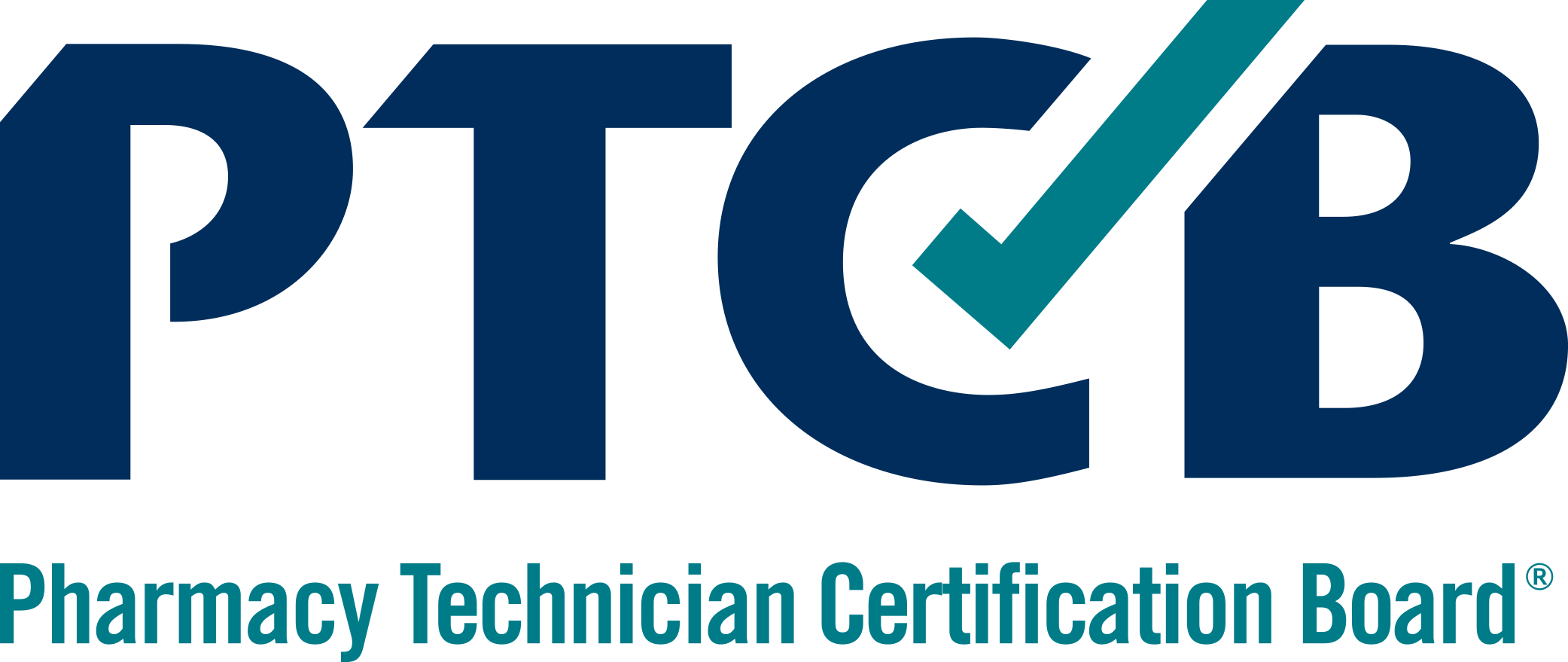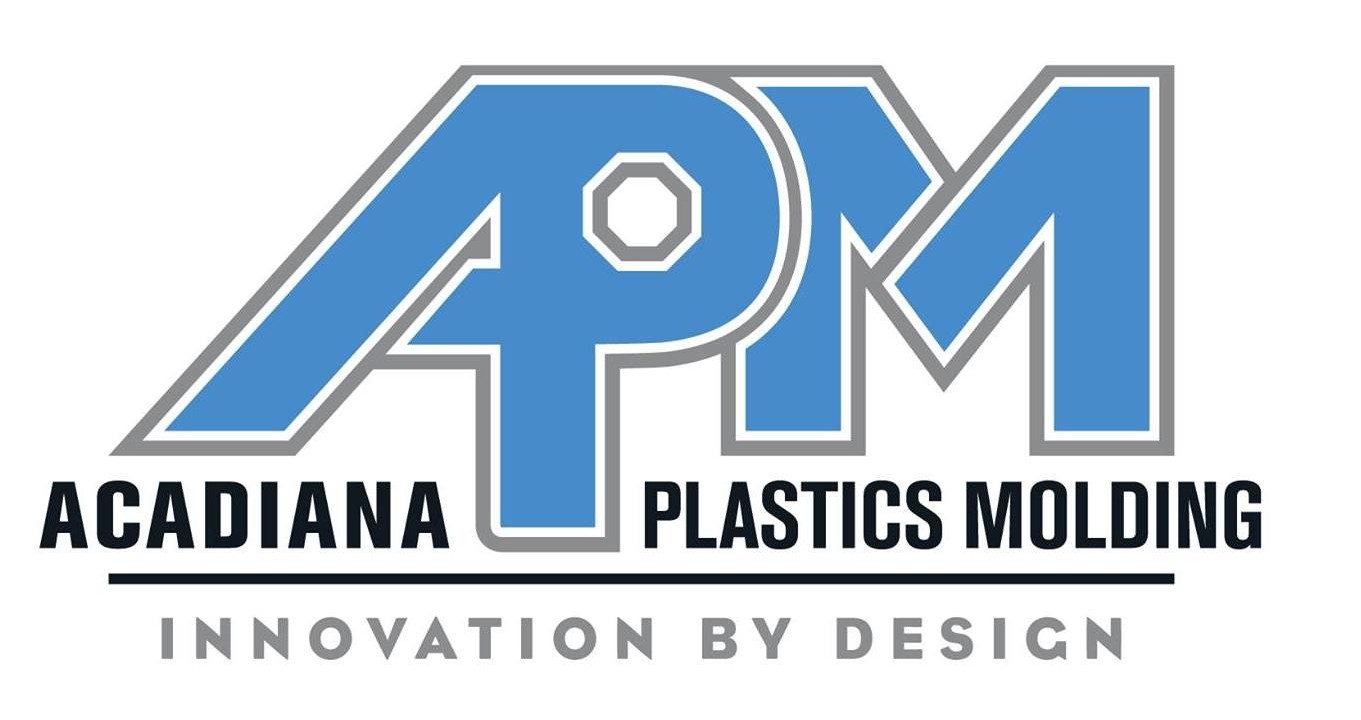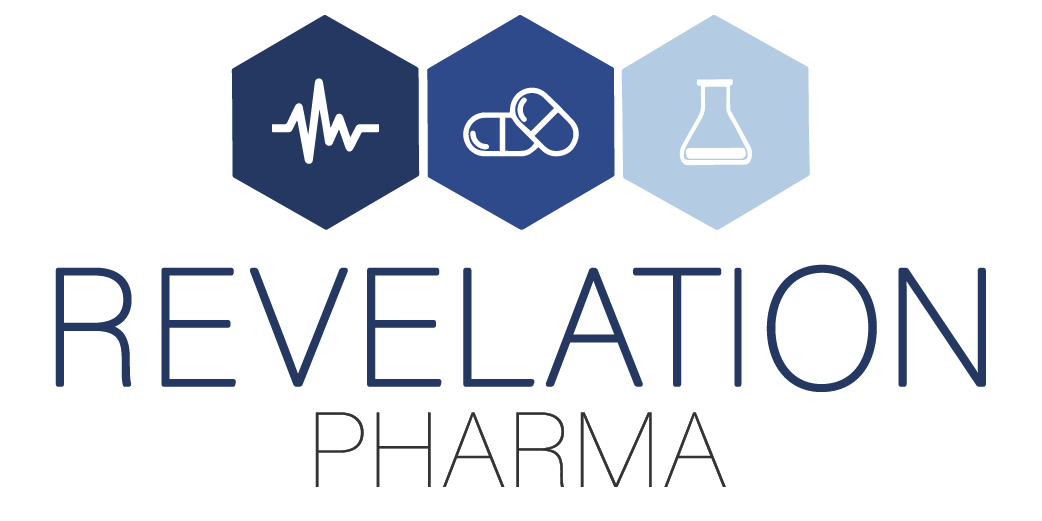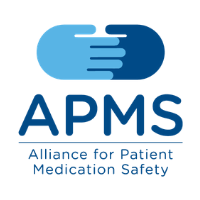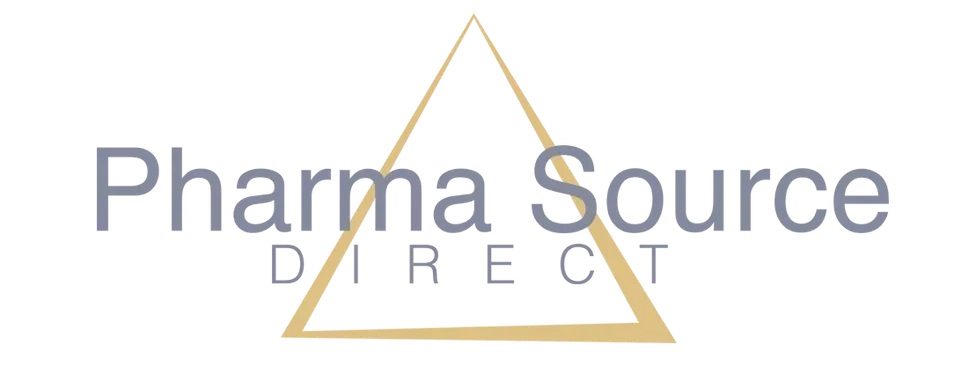November 14, 2024
CALL TO ACTION: Tell FDA to deny drugmakers’ request
Drugmakers are urging the FDA to prohibit compounded GLP-1s
The FDA needs to hear from you and your patients NOW!
Two years into the GLP-1 injectable shortage, drugmakers Eli Lilly and Novo Nordisk have asked the FDA to take emergency action to prohibit compounding of tirzepatide and semaglutide.
Both companies sent letters to FDA asking that their API be added to the ‘demonstrably difficult to compound list.’
The fact is, millions of doses have been safely prepared and dispensed by compounding pharmacies across the U.S. during this shortage. GLP-1s are not particularly difficult for sterile compounding labs to prepare.
APC is leading an effort to oppose the drugmakers’ request, and we need your help — whether your pharmacy compounds GLP-1 drugs or not.
What you can do NOW
- Tell your patients who take compounded GLP-1s to reach out to FDA.
We’ve made it easy for them to do. Direct them to compounding.com/tellFDA where they’ll find a letter pre-drafted. All they have to do is add their name and address and hit send. We need hundreds of thousands of patients to flood the FDA with these letters of concern. To make it easy for you to inform patients about the effort, we’ve prepared this bag-stuffer that you can download, customize, and share with patients. - Write to the FDA yourself. If you are the owner or manager of a compounding pharmacy that compounds GLP-1 drugs in any dosage form, we have prepared this letter for you to adapt, put on your letterhead, and send to FDA. You can either submit it electronically or hard-mail it. Instructions for both options are in the instructions at the top of the letter.
The point is, the FDA needs to hear from you and your patients about this. We believe it’s the only way to derail this effort by drugmakers to place GLP-1 drugs off limits for compounding. And just remember: If they’re successful in prohibiting GLP-1s, they’ll try this move again with other compounded therapies — maybe even compounded hormones.
Take action today. Patient access to compounded drugs is at stake.
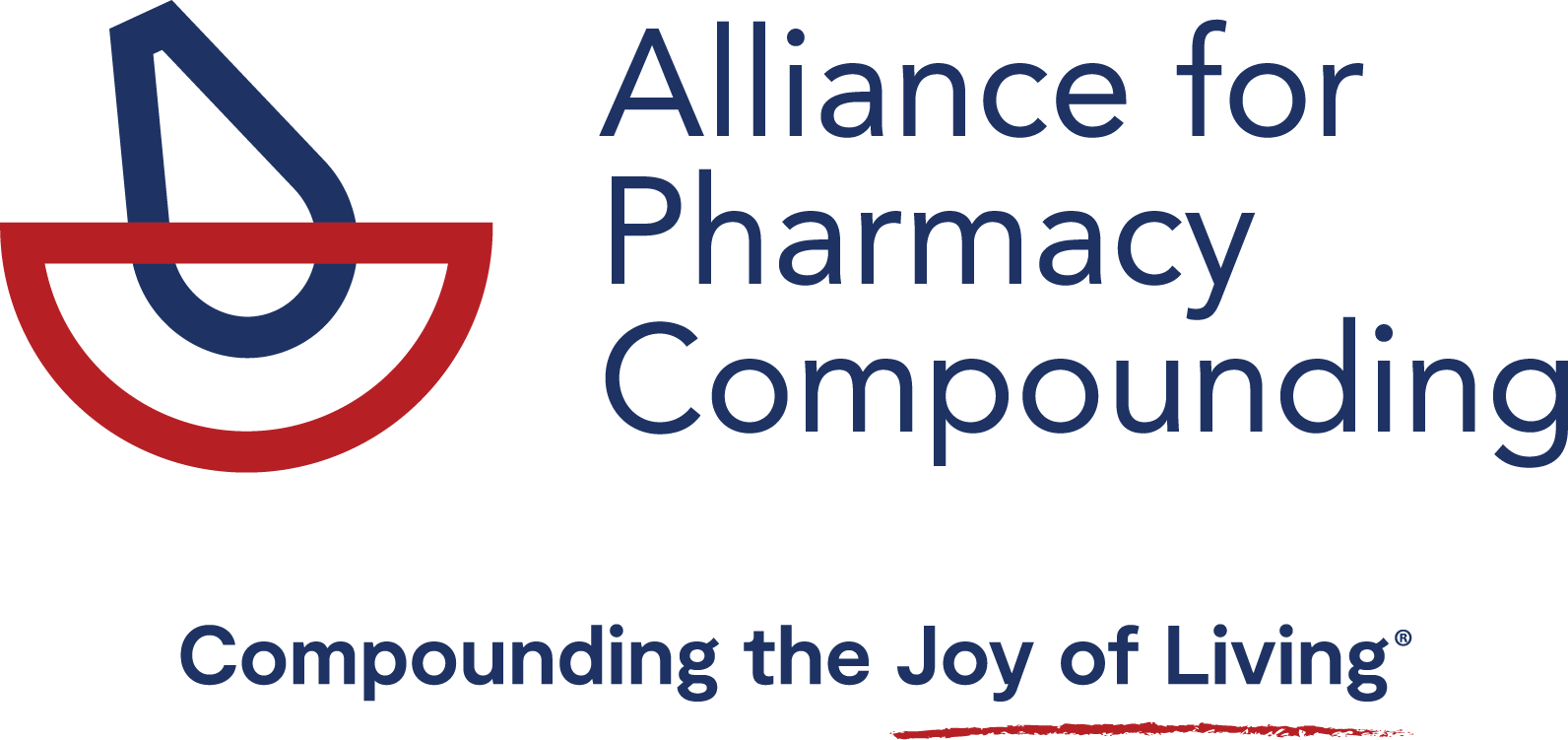
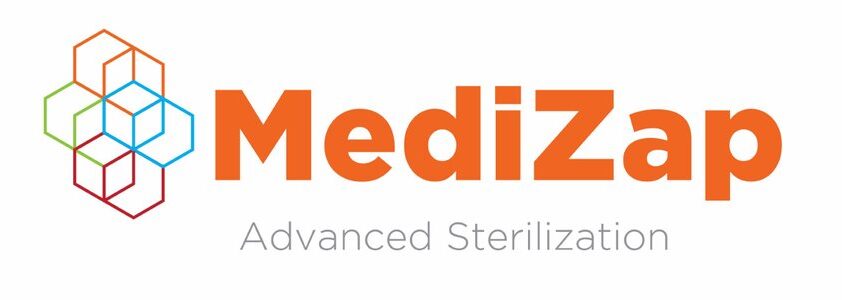

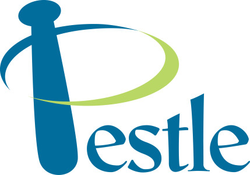






![Topi-CLICK a Division of TEAM Outlines[1]](https://a4pc.org/files/Topi-CLICK-a-Division-of-TEAM-Outlines1.png)



